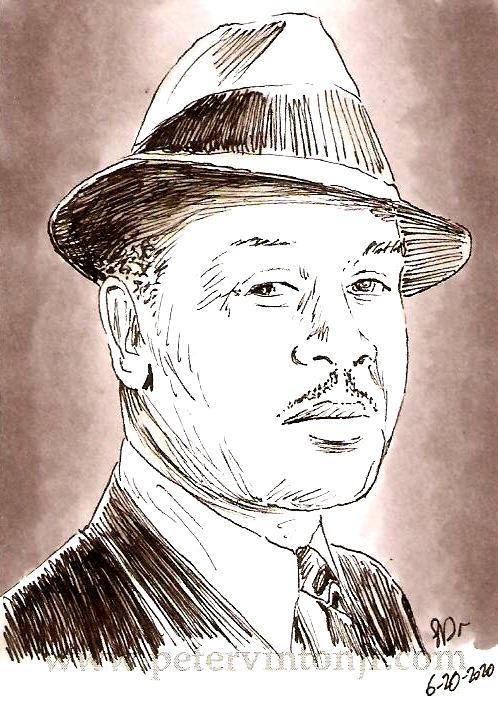
An ongoing illustrative history study
This piece originally posted 6/19/2020
"Some people are your relatives but others are your ancestors, and you choose the ones you want to have as ancestors. You create yourself out of those values."
Prof. Ralph Waldo Ellison (named, as you might suspect, after the author Ralph Waldo Emerson, of whom his father was a fan), grew up in Oklahoma in the 1920's. Musical talent happened to be his particular foot in the door at the prestigious Tuskegee Institute, but while a student there, he became supremely aware of social divisions (and not just the racial ones!), and pivoted to engineering and literature.
Ellison published many essays in the years following, but his singular greatest work is easily his only novel, Invisible Man (published 1952), considered to be the definitive work on racial marginalization. Partly influenced by his friendship (and disagreements) with author Richard Wright and his own affiliation with the Communist Party in the 1930's, Ellison's novel is more philosophical in its deconstruction of The American Dream; less of a "protest novel" and more of a celebration, even though its principal viewpoint is semi-autobiographical. It is related through the narrative lens of a marginalized (and never-named) black man who belongs to --and later splits from-- a group of social activists calling themselves The Brotherhood. Barack Obama cites Invisible Man as an important influence in shaping his own life direction and political career.
A long-unfinished novel, Juneteenth, was published posthumously in 1999 (Ellison died in 1994).
Next page - Lesson 11: Nina Simone